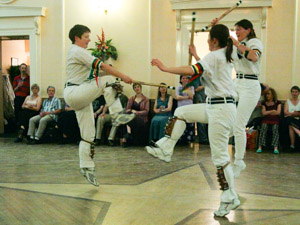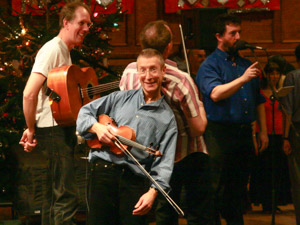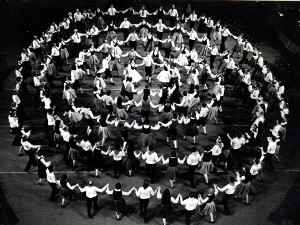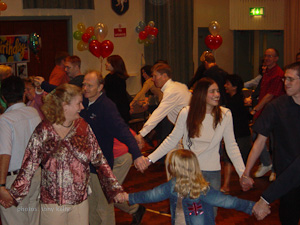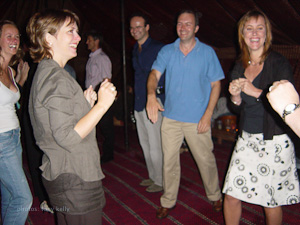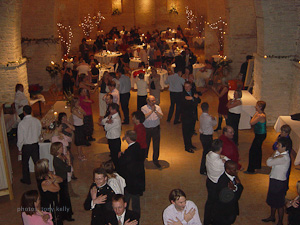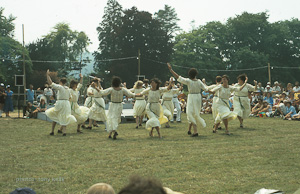Repeated events
The software that runs the calendar has a feature to support repeated events. This sounds like a good idea, but, in practice, the feature is difficult to configure correctly. Unless you are an expert, we would recommend you avoid this and stick to one-off events which have a number of advantages.
- You can customise each event with additional details like the caller and musicians.
- It's easy to enter variations such as different starting times or missed weeks.
- It's easy to handle urgent changes like an unexpected change of venue.
Principle of operation
To set up a repeated event you enter all the details for the first instance and then specify a repetition pattern that ends on a certain date. When you save the event, the software creates the required repetitions based on the prototype and stores them all individually in the calendar.
Later on, if you edit the prototype event, all the original repetitions are deleted and a new set of repetitions is created. So far, so good.
Problems
Problems arise if you try to modify one of the individual events. When you start an edit, the software asks if you want to edit the main event or just a single repetition. If you edit the repetition by choosing "Edit this repeat" you can change any of the details of that instance and save it. But the event details no longer match the prototype from which it was created. This situation is almost impossible to detect and may easily be overwritten. The changes you made may be lost at any time if someone modifies the main event.
Rules
For reliable use of repeated events, we would recommend the following -
- Only use repeated events if you really understand what you are doing. Otherwise, please use individual events.
- Each event in the sequence must be identical. The only thing that should be different is the date.
- The dates must follow a regular pattern without exceptions. If there is a break (eg a Bank Holiday), you should end that sequence and create a new event for the next period.
- Don't specify repetitions that extend into the far future, as nobody knows what will really happen. A safe maximum is six months ahead. When this runs out, start a new event, rather than trying to extend the previous period.
- Never edit a single repetition (Edit this repeat). Your changes may disappear at any time without warning. If you need to change something, always edit the event prototype (Edit main event). Be aware that this will change every event in the sequence.
Special cases
What happens if there is an unexpected change of venue or closure in the middle of a sequence of repeated events? This illustrates why it's better to use individual one-off events. What you need to do is split the existing sequence into two separate sequences and insert a one-off event to cover the irregularity. Or you could just ignore the rules and modify a single repetition. But your important change may disappear without trace if the administrator inadvertently accesses the event.




